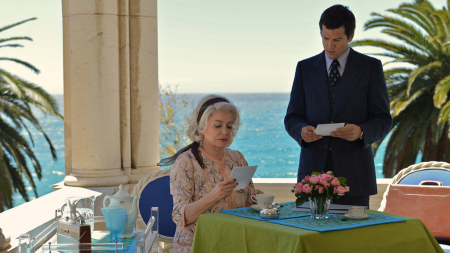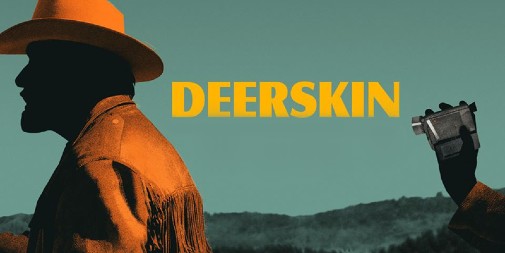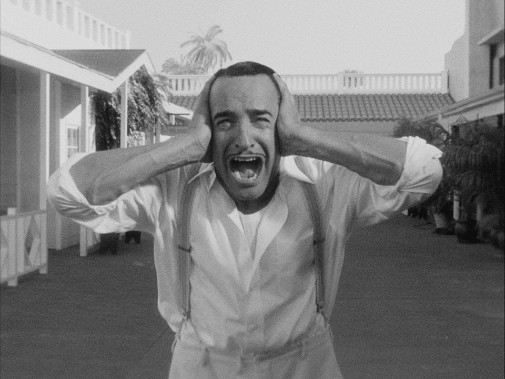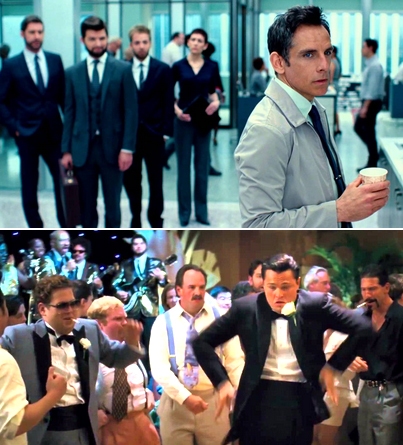Glenn has been attending the 25th Stockholm Film Festival as a member of the FIPRESCI jury. Here he shares thoughts on three French films starring big names Catherine Deneuve, Jean Dujardin, and Gemma Arterton.

In the Name of My Daughter
As is common during a film festival, I had taken a seat in a cinema and completely forgotten what I was set to see. When the title card came up announcing ‘French Riviera’, I thought they were playing the wrong film as we had no such film on our schedule. Me in my festival state, stupidly didn't realise this was merely a location card. It wasn't until I checked the guide that I actually realised its name was In the Name of My Daughter. That title, far more verbose and clunky than is befitting André Téchiné’s movie, rather uncomfortably links the film to Jim Sheridan’s famous 1993 IRA drama despite not sharing anything in common. And, in further contemplation, actually comes off as rather offensive when comparing this trifle’s rich, white characters of privilege with those played by Daniel Day-Lewis and Pete Posthlethwaite.
Catherine Deneuve and Adéle Haenel star as Renée and Agnés Le Roux, mother and daughter. Renée manages the floor of a casino on the southern coast of France and Agnés has just divorced and returns to the French Riviera to open a book and ethnic trinket and knick-knack shop on her mother’s dime. With the assistance of her mother’s smooth operator assistant, Maurice, a ridiculously handsome and suited-up Guillaume Canet, she seeks to separate herself from the downward spiral of her mother’s business that could see her inheritance reduced to a pittance.
And therein lies the biggest problem with Téchiné’s film. Unlike before in films like Wild Reeds or The Witnesses (and perhaps the six other collaborations between Deneuve and Téchiné, none of which I have seen) his characters are horrifically hard to care about. Haenel and Deneuve, puffing on cigarettes at every turn, aren’t given enough material to make their characters identifiable as human beings worth empathizing over; their bourgeois, petty squabbles over money increasingly difficult to care about. A third-act turn into mystery territory at least gives audiences something to latch on to, that of a mother’s devotion to discovering the truth about her missing daughter, but it’s far too little too late and the lack of genuine development in their characters makes the stakes significently dim. A brief moment featuring the predominantly non-white employees of the mother’s casino being told they no longer have jobs threatens the prospect of Téchiné navigating something interesting in looking at the population for whom the French Riviera doesn’t mean easy-living, but it’s short-lived and cannot save this bland affair. C-
More films after the jump...

Click to read more ...
 Friday, October 16, 2020 at 9:00AM
Friday, October 16, 2020 at 9:00AM 
 Adele Haenel,
Adele Haenel,  Deerskin,
Deerskin,  France,
France,  HBO,
HBO,  Horror,
Horror,  Jean Dujardin,
Jean Dujardin,  Quentin Dupieux,
Quentin Dupieux,  Review,
Review,  comedy,
comedy,  foreign films,
foreign films,  streaming
streaming 






